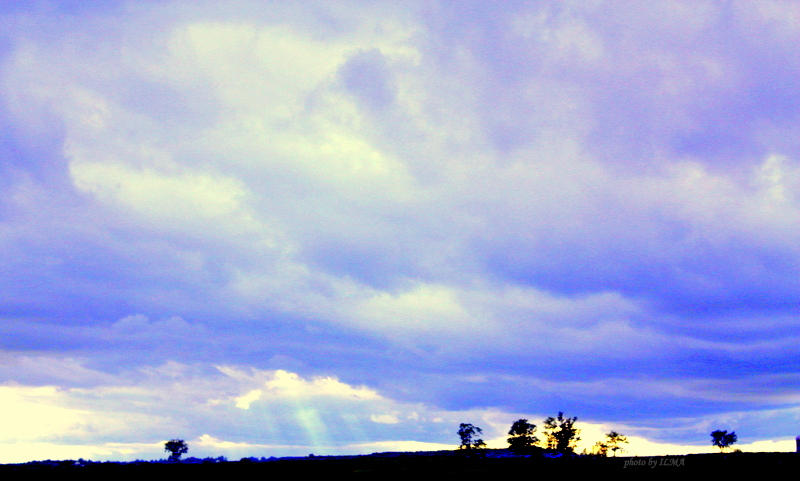GENESIS 21
22 At that time Abimelech and Phicol the commander of his army said to Abraham, “God is with you in all that you do. 23 Now therefore swear to me here by God that you will not deal falsely with me or with my descendants or with my posterity, but as I have dealt kindly with you, so you will deal with me and with the land where you have sojourned.” 24 And Abraham said, “I will swear.”25 When Abraham reproved Abimelech about a well of water that Abimelech’s servants had seized, 26 Abimelech said, “I do not know who has done this thing; you did not tell me, and I have not heard of it until today.” 27 So Abraham took sheep and oxen and gave them to Abimelech, and the two men made a covenant. 28 Abraham set seven ewe lambs of the flock apart. 29 And Abimelech said to Abraham, “What is the meaning of these seven ewe lambs that you have set apart?” 30 He said, “These seven ewe lambs you will take from my hand, that this may be a witness for me that I dug this well.” 31 Therefore that place was called Beersheba,because there both of them swore an oath. 32 So they made a covenant at Beersheba. Then Abimelech and Phicol the commander of his army rose up and returned to the land of the Philistines. 33 Abraham planted a tamarisk tree in Beersheba and called there on the name of the Lord, the Everlasting God. 34 And Abraham sojourned many days in the land of the Philistines. – Genesis 21:22-34
GENESIS 21 TREATY IN BEERSHEBA
In this account, we witness once again the integrity of Abraham. When Abimelech and his commander Phicol wanted Abraham to swear to them that he wouldn’`t deal falsely with them, Abraham had to confront the claim of one of Abimelech’s servants who tried to seize it. Abraham prepared seven sheep to offer to Abimelech so that he can swear to Abraham that he will honor that the well was dug by Abraham himself and that it must not be taken away from him. Abimelech and Phicol responded and made a covenant with Abraham to acknowledge that the well was dug by him. Abraham planted a tamarisk tree and called this well Beersheba meaning “watering place” or “well of underground water.”
In Genesis 26, Isaac dug this well again and built an altar in Beersheba. In Genesis 28 & 46, Jacob stopped at Beersheba before he entered the promised land. In 1 King 19:3, it was in Beersheba that the prophet Elijah found refuge when he was being chased to be killed by Jezebel. This well is a significant place for God’s people.
REFLECTION
- Why are treaties very important when dealing with boundaries and ownership?

